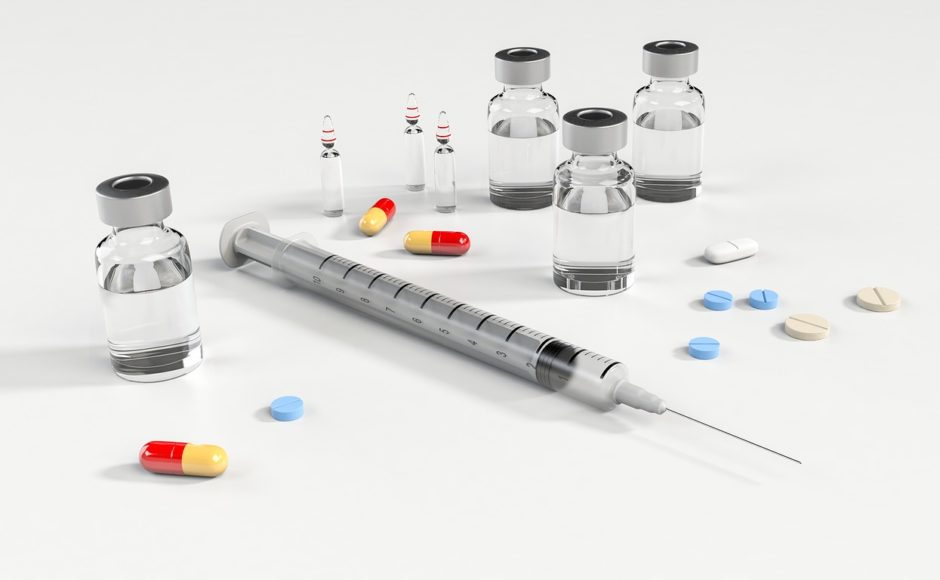Marketing is no longer about your brand, product, services, content, or calendar — it’s about your customers — and in the case of mHealth, that means users.
They lead the strategy, and they’re engaging with your business across email, push notifications, SMS, chat, social, video, and more. What you need to focus on delivering isn’t a series of canned-and-planned touches. Rather, you should be looking to curate customer-activated experiences.
Through every step of their journeys, customers are telling you what they want next. To be successful, you need to anticipate these needs and plan campaigns you can execute instantly when the time is right. And when you deliver the right experience, you can launch your company into a world of heightened interaction, more purchases, greater lifetime value, and enthusiastic brand advocacy.
This couldn’t be more true than in the mHealth industry where millions of apps compete for our attention.
Stiff Competition
A growing trend in high-quality wellness, health, and fitness apps is users looking for apps that grab their attention and explain clearly why this service (among myriad others) will help them achieve their health goals.
As a business, connecting with users means making them feel like a part of the brand experience, rather than a targeted ad viewer, which is where a savvy mobile app developer can help you better tailor the mobile journey for users.
Creating Mobile Moments
Using analytics, developers can track what are known as “mobile moments,” such as when user activity becomes a true conversion. Knowing where specifically on the mobile journey a user has chosen to drop out of the experience is also valuable as it will tell you where your communication needs to improve, or at what point users are feeling bored and disengaging.
Other moments that will matter to your analysis can include how often users click on customer support, respond to a call-to-action, click on an ad, refer someone new to the app, or opt-in for more direct notifications such as a newsletter.
Finding the Right Developer
Having a mobile app developed for your business offers plenty more opportunities to connect with prospective customers thanks to how ubiquitous smartphones and tablets have become in the day-to-day lives of modern-day consumers. It also allows you to focus on individual healthcare messaging as opposed to mass marketing, influenced by factors like device location, helping you to personalize how you reach out.
When you set out to tackle this stage, get your mobile app developed with a company that is genuinely interested in your goal and who has had proven success developing an app similar or adjacent to the one you envision, and be sure they understand the mHealth and wellness sectors.
A developer’s success in one area may not translate neatly to wellness, and finding an app development team shouldn’t require a huge amount of time spent explaining the basics of your concept.
Get Inspired
For inspiration, look to other mHealth entrepreneurs to see what they’ve done right.
Consider Hu-manity.co, a company setting out to create a “new decentralized human right” through a new mobile app that will allow users to lease or sell their medical data for research or marketing purposes.
Each user can create her own medical profile which is then searchable by medical researchers looking for specific types of people to participate in medical trials or studies. The platform allows users to be paid for their data and participation directly within the app. Thanks to outstanding marketing and outreach practices, Hu-manity.co will help increase transparency in the medical records marketplace.
Another company making waves in the mHealth marketplace is Tempus, a company that has built “the world’s largest library of clinical and molecular data” alongside an OS to “make the data accessible and useful, starting with cancer.” Doctors and researchers alike can benefit from the info, while researchers can use it to expose patterns in diseases and better facilitate treatment plans.
In mHealth, big changes come in the form of better connection with users. Humanizing the customer journey is a key part of designing the right app, and marketing to users requires empathy and a bit of creativity.




